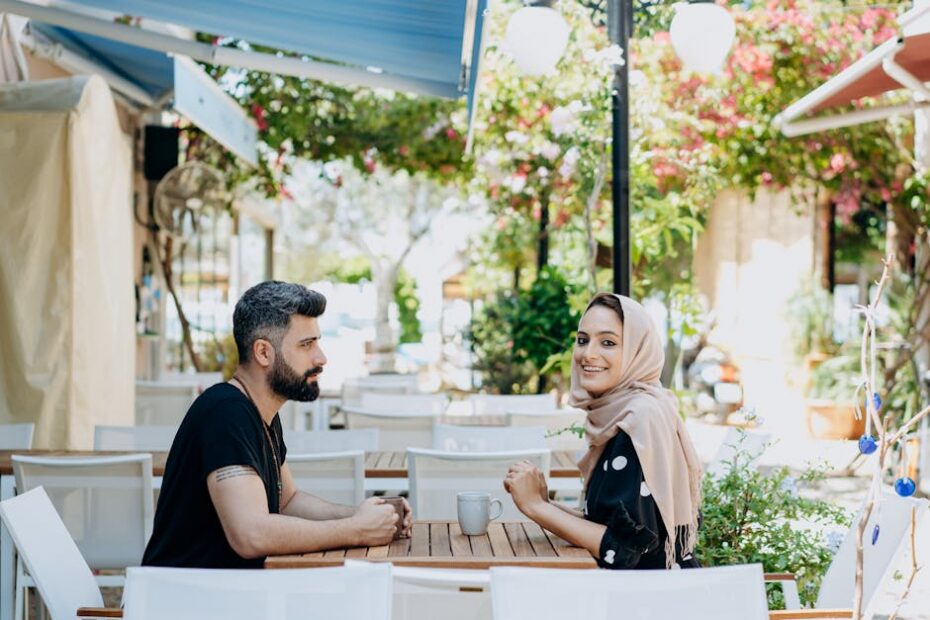Is He Just Being Nice — Or Is He Into You? How to Tell If a Male Coworker Actually Likes You
(Without Overanalyzing Every Smile at the Coffee Machine) Let’s be honest: few things are as confusing (and as common) as trying to figure out if a male coworker is actually into you — or if… Is He Just Being Nice — Or Is He Into You? How to Tell If a Male Coworker Actually Likes You









